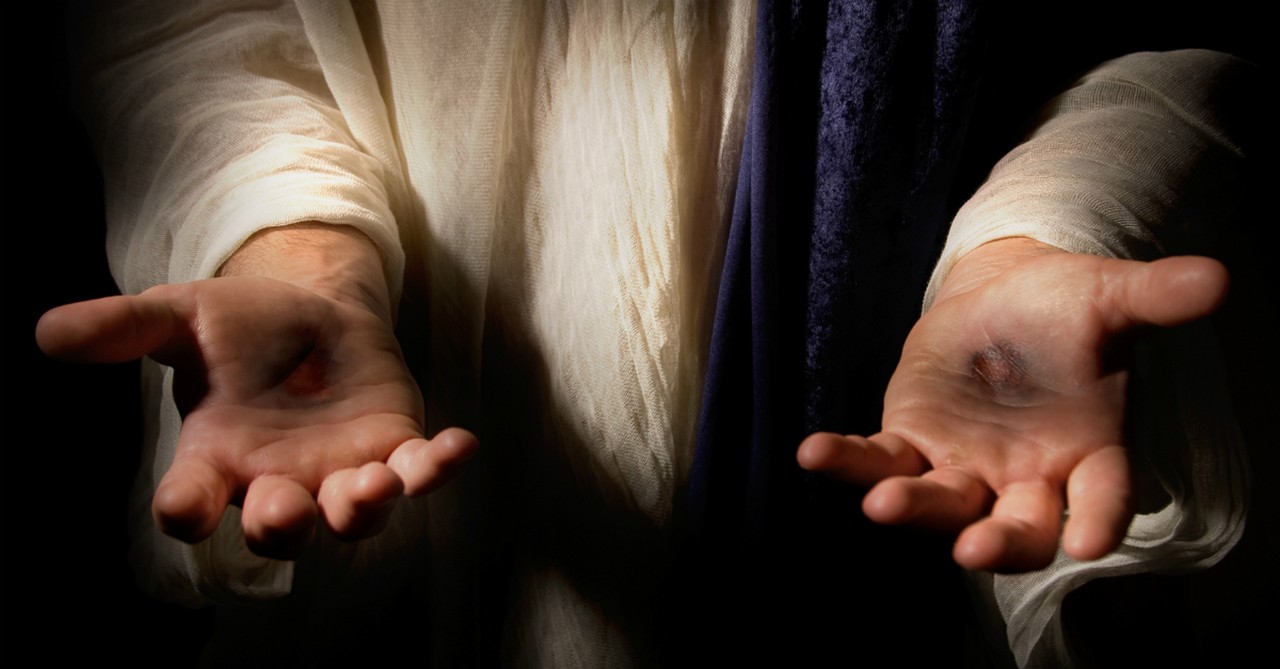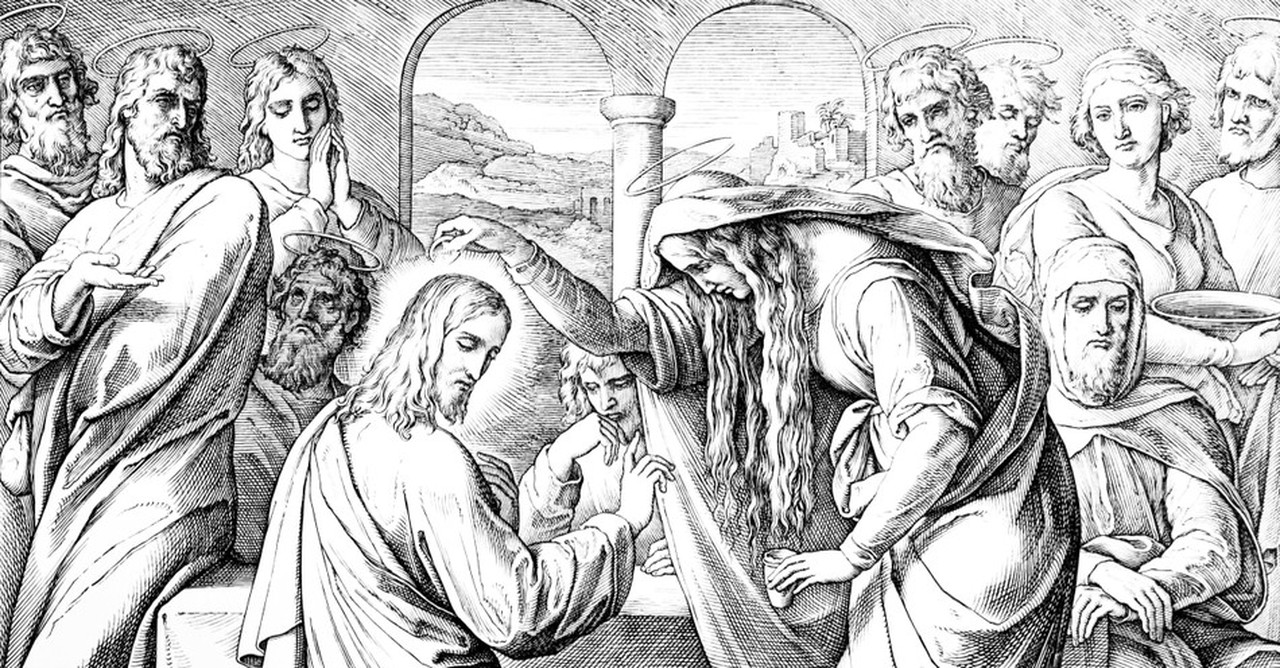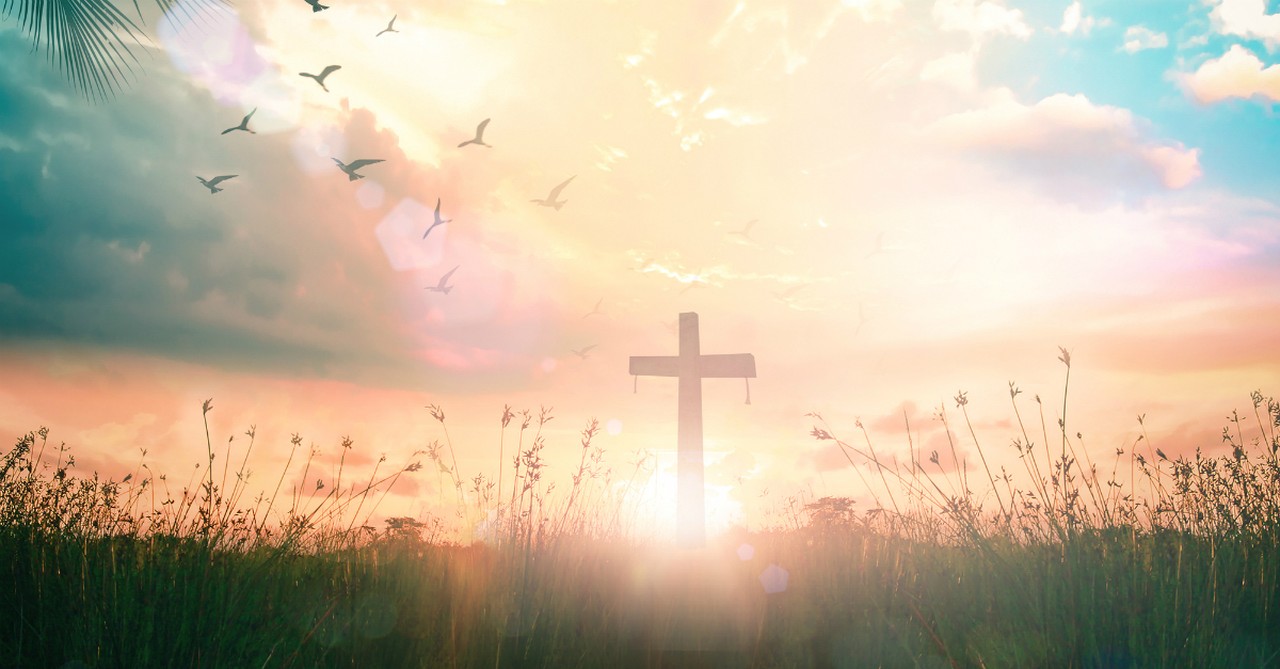It is the Sunday morning after Jesus’ death. The women who dearly loved Jesus trudge to his burial spot, heavily laden with grief. But when they arrive, they’re terrified to discover that the tombstone has been rolled away, the guards are gone, and their Lord’s body is missing.
Suddenly, two angels appear to the women and ask, “Why do you seek the living One among the dead?” (Luke 24:5 NAS)
Their beloved Jesus—our beloved Jesus—had risen. He IS risen.
Because He lives forever, we who believe in Him will live forever. Is there any more significant cause for celebration? Is there any better reason to honor Christ’s work on the cross with the fruit of our resurrected lives? He is risen!
Tomb, thou shalt not hold Him longer;
Death is strong, but Life is stronger;
Stronger than the dark, the light;
Stronger than the wrong, the right;
Faith and Hope triumphant say
Christ will rise on Easter Day.
Many of us have seen death in our particular selves;
in many of those steps, in which the moral man expresses it;
We have seen Mortem infantiw, pueritiam, The death of infancy in youth;
and Pueritiw, adolescentiam, the death of youth in our middle age;
and at last we shall see Mortem senectutis, mortem ipsam,
The death of age in death itself.
But yet after that,
a step farther than that moral man went,
Mortem mortis in morte Jesu,
We shall see the death of death itself
in the death of Christ.
As we could not be clothed at first, in Paradise,
till some creatures were dead,
(for we were clothed in beasts’ skins)
so we cannot be clothed in heaven,
but in his garment who died for us.
Then shall each Limb a spring of Joy be found,
And every member with its Glory crown’d:
While all the Senses, fill’d with all the Good
That ever Ages in them understood
Transported are: Containing Worlds of Treasure
At one delight with all their Joy and Pleasure,
From whence, like Rivers, Joy shall ever flow,
Affect the Soul, though in the Body grow,
Return again and make the Body shine
Like Jesus Christ, while both in one combine.
Mysterious Contracts are between the Soul,
Which touch the Spirits and by those its Bowl;
The Marrow, Bowels, Spirits, melt and move,
Dissolving ravish, teach them how to love.
He that could bring the Heavens thro’ the eye,
And make the World within the Fancy lie,
By beams of Light that closing meet in one,
From all the parts of His celestial Throne,
Far more than this in framing Bliss can do,
Inflame the Body and the Spirit too:
Can make the Soul by Sense to feel and see,
And with her Joy the Senses wrap’d to be:
Yea, while the Flesh or Body subject lies
To those Affections which in Souls arise;
All holy Glories from the Soul redound,
And in the Body by the Soul abound,
Are felt within and ravish ev’ry Sense
With all the Godhead’s glorious Excellence,
Who found the way Himself to dwell within,
As if even Flesh were nigh to Him of kin:
His Goodness, Wisdom, Power, Love Divine,
Make by the Soul convey’d the Body shine,
Not like the Sun (that earthly Darkness is)
But in the strengths and heights of all this bliss,
For God designed thy Body for His sake,
A Temple of the Deity to make.
Photo Credit: ©GettyImages/alessandrophoto
















